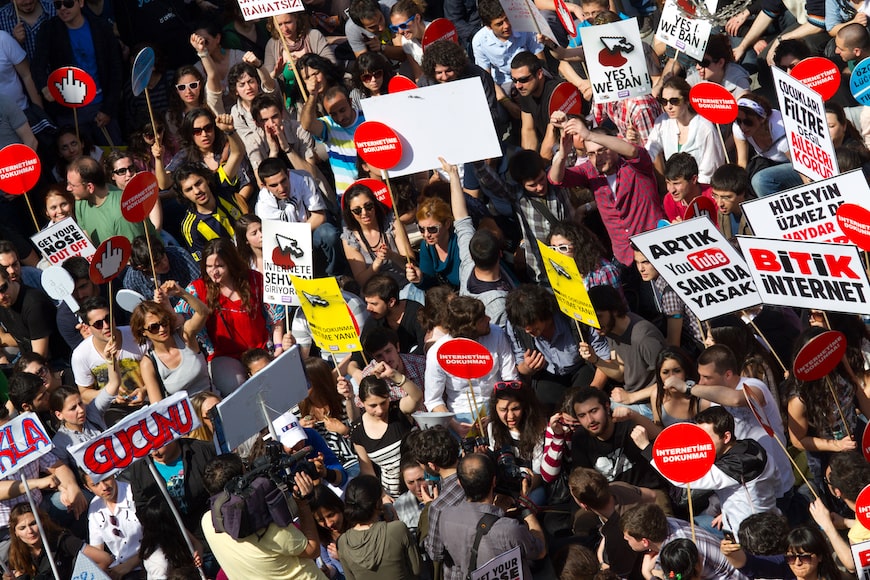
Journalism’s DEI Momentum Erodes: What the Recent Retreat Shows
September 11, 2025
Yemen: Journalists Under Assault Systematic Violations Threaten Media Freedom
September 14, 2025A growing body of evidence highlights how Turkey has expanded its restrictions on press freedom into the digital sphere. According to reporting by ANF English, journalists are increasingly facing prosecution for their social media activity, with tweets, shares, or comments being used as grounds for charges such as “terror propaganda,” “insulting the state,” or “incitement.”
This development underscores a broader shift in state control. Historically, restrictions targeted traditional outlets through media closures, licensing pressures, or direct censorship. Now, online spaces once viewed as safer arenas for independent voices are being subjected to similar, if not harsher, scrutiny. For many journalists, the same tools that allow them to bypass mainstream censorship have become sources of legal vulnerability.
The legal framework sustaining this practice is deliberately ambiguous. Elastic provisions in Turkish law allow prosecutors to interpret ordinary commentary as criminal activity. The vagueness surrounding “insults” or “propaganda” grants wide discretion to authorities, enabling selective enforcement and silencing of critical reporting. This results in a pervasive chilling effect, where journalists weigh the risks of online expression against potential prosecution.
From a research perspective, this trend exemplifies how authoritarian-leaning states adapt strategies of control to new technological realities. It challenges the conventional assumption that digital platforms inherently expand freedoms. Instead, Turkey illustrates how governments repurpose digital surveillance and expansive legal codes to suppress dissent in networked environments.
For press freedom advocates and scholars, these developments raise pressing questions: How can protections for journalists extend to digital spaces? What mechanisms can counter the criminalisation of online speech? As the Turkish case demonstrates, defending press freedom in the digital age requires bridging media rights with digital rights.
References –

